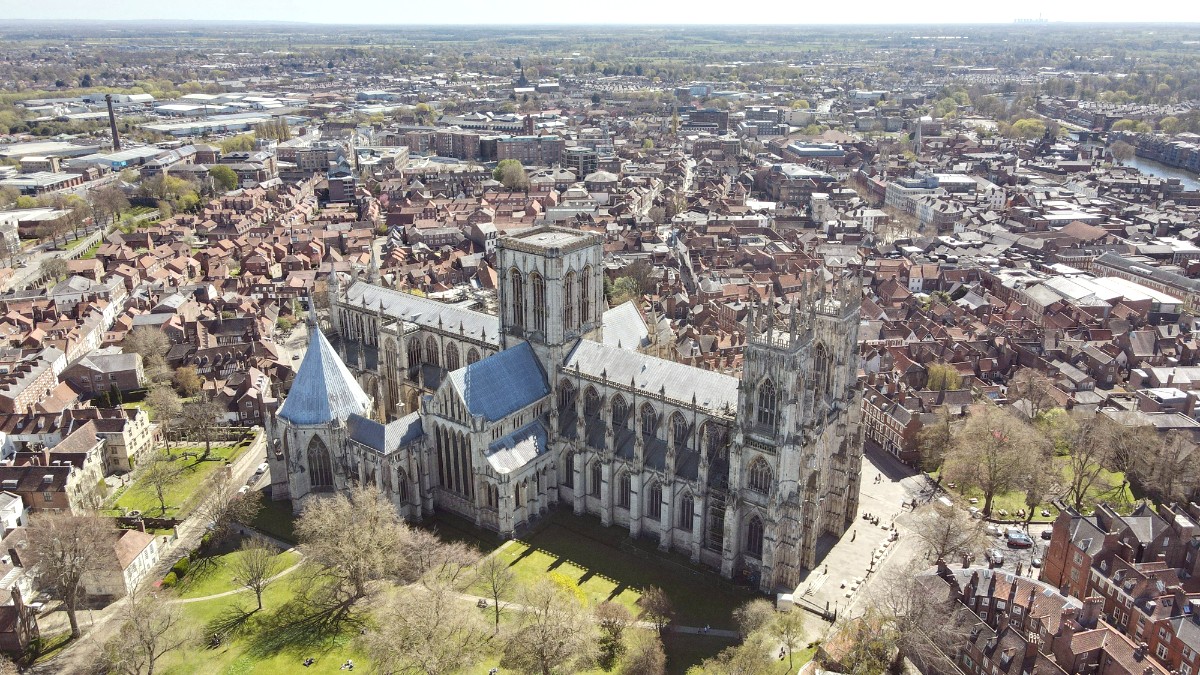
Yorkshire, England
York has a temperate climate with four distinct seasons. Spring (March-May) has temperatures 3-14°C (37-57°F) with moderate rainfall. Summer (June-August) has average temperatures 11-21°C (52-70°F) and is generally warmest.
Autumn (September-November) sees temperatures 5-15°C (41-59°F) with rising rainfall. Winter (December-February) averages 0-7°C (32-45°F) with shorter days.
Spring, Summer, and Autumn offer the best conditions for sightseeing and walking the City Walls. River cruises operate more frequently in warmer months (April to October).
Gardens and parks are ideal in Spring and Summer when flowers bloom. Festivals like the York Food and Drink Festival (September) and Christmas Market (November-December) have specific dates. Indoor attractions are enjoyable year-round.
~£50-£80/day
Hostel dorm or budget B&B (£25-£70).
Supermarket, street food, casual pub meal (£5-£15).
~£100-£200/day
Mid-range hotel or B&B (£80-£150).
Pub meals, mid-range restaurants (£15-£40).
~£250+/day
Luxury hotel (£180-£400+).
Fine dining, high-end afternoon tea (£50-£100+).
The UK currency is the British Pound (£, GBP). ATMs are available. Most places accept credit/debit cards (Visa, Mastercard, Amex). Contact your bank about travel dates. Contactless payment is common for small purchases.
10-15% for good service, if not included.
Not customary for drinks, a small amount for exceptional service.
Round up or add 10% for good service.
£5-£10 per person for a good tour.
Discretionary small tip for housekeeping/concierge.
Your well-being is important during your travels. Here are health and safety points for a smooth trip.
No specific vaccinations are necessary for UK entry. Being up-to-date on routine vaccinations (MMR, DTP, annual flu shots) is recommended.
The UK's NHS provides healthcare. Emergency treatment at A&E is generally free. Non-emergency treatment may have charges for non-UK residents without reciprocal agreements (e.g., EHIC/GHIC card for EU citizens).